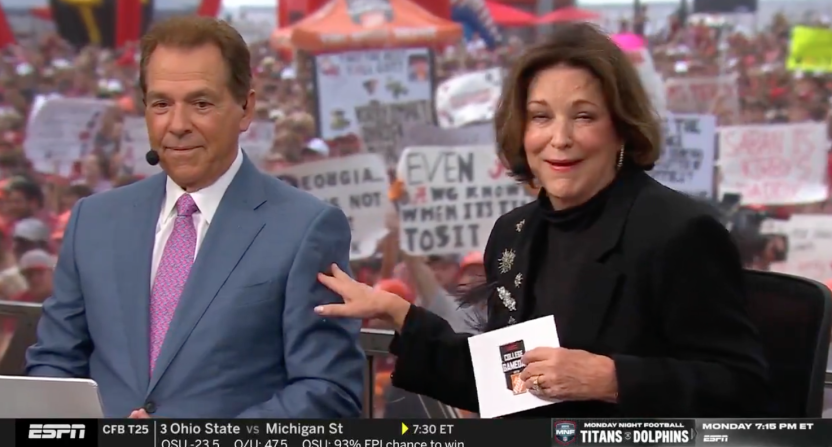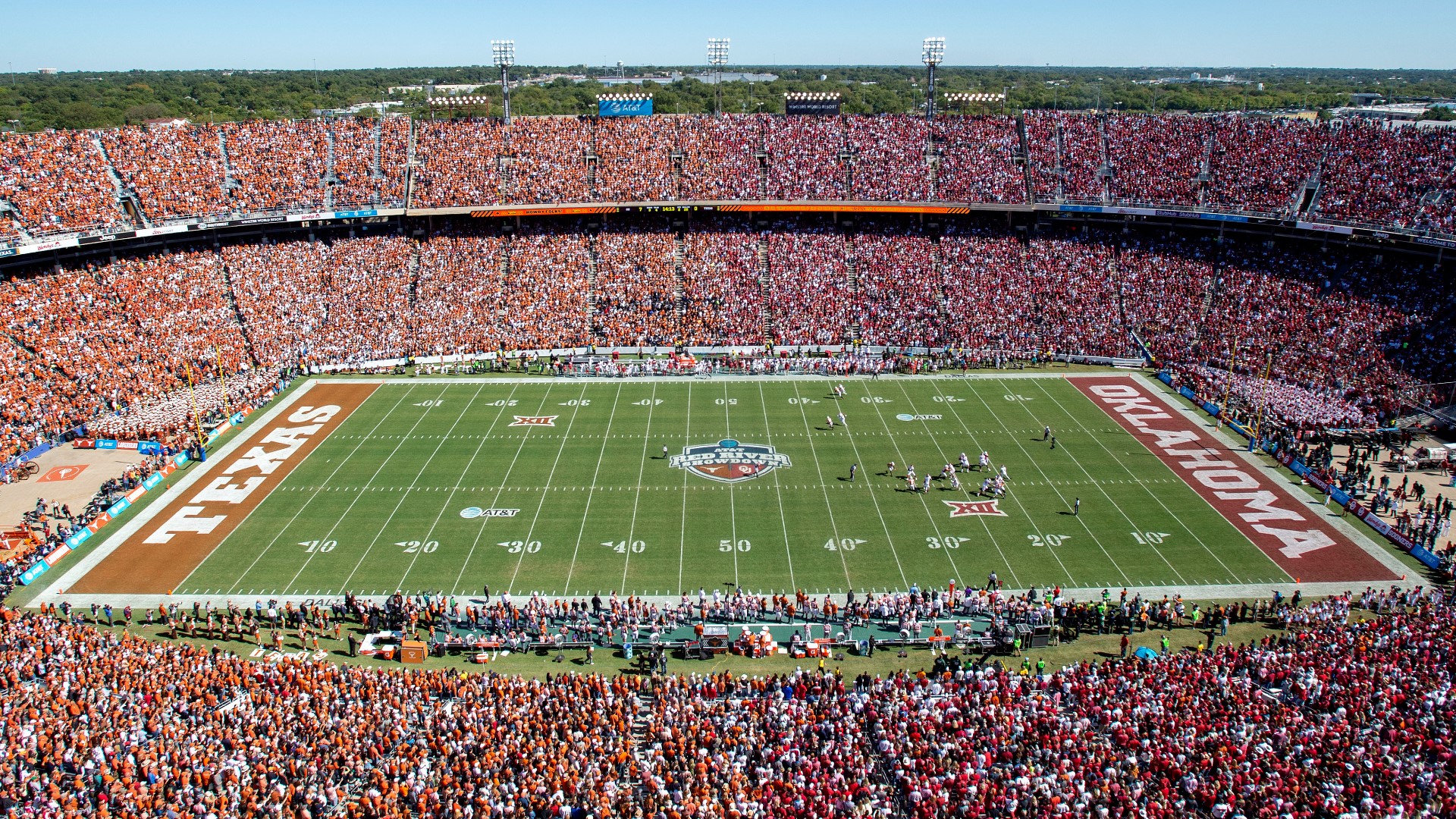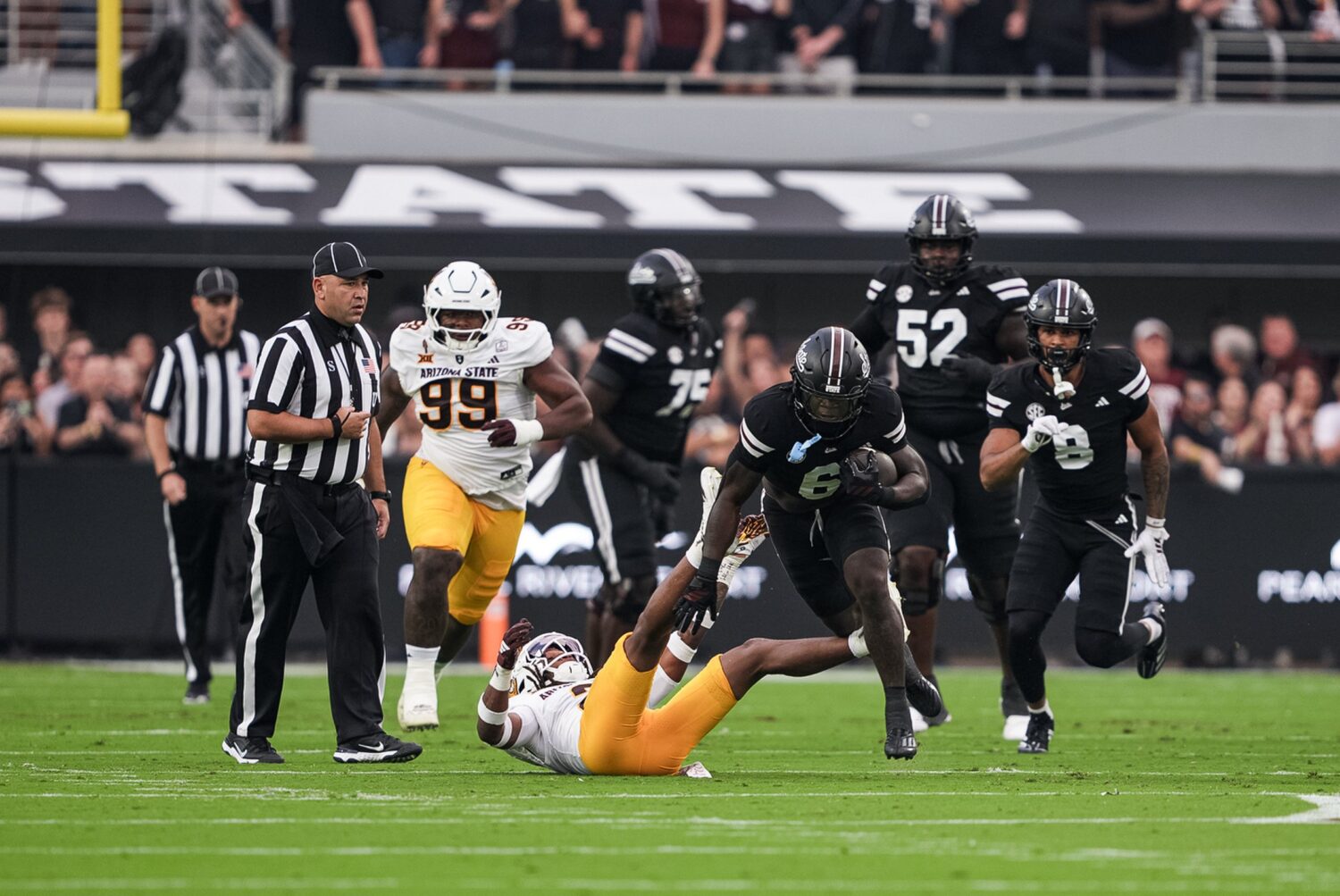As the transfer portal and NIL continue to shake the foundation of college athletics, it is clear that something needs to be done. We have seen coaches retire early to avoid having to deal with the madness, and we have also seen coaches jump to the NFL or essentially take demotions for the same reason.
Currently there is no structure or regulations when it comes to the portal and NIL and these two elements are creating free agency in college athletics without any restrictions. Instituting player contracts is a possible solution, but would it actually solve anything?
One of the biggest needs when it comes to NIL is transparency, and I believe that player contracts help solve this problem. Oftentimes, a school is in the dark when it comes to how long a player will remain with the program and what NIL offers have been made by another school in hopes they can entice him to join them. Not only would this structure ensure that a player will remain at a program for a certain length of time, but it would help to reduce the fabricated NIL values players use as leverage for a greater deal.
When it comes to trying to retain a player, you either have to call their bluff or take them at their word that they’ve been offered a certain amount by another program. If contracts were in place, a school would know how long they have the rights to that player, but they’d also know what other offers exist for the player and what his or her market value is.
I think contracts and full transparency of these contracts is only possible if the schools are the ones brokering NIL deals by absorbing the current collectives for their respective program. I don’t know the legality of the NCAA governing the spending of private companies/businesses which is why the current format seems almost impossible to control. If the payer in each NIL scenario were the school instead of a private company/entity, a contract between the player and the school could be established and commitment to a program would mean something again.
Let’s face it, the point of NIL wasn’t to allow for unregulated free agency and player poaching, but that’s exactly what we have. In this current format, the rich keep getting richer and middle of the pack schools are supplying them with the talent. Again, there will always be loopholes and ways around this, but doing nothing is worse than implementing some sort of framework to stabilize college sports.
If the schools are the ones providing the NIL deals to players with clearly defined contract obligations to protect the interests of all parties involved, there is more stability not only within college athletics but within each program as well. Teams will have a more clear indication of positions of need entering “free agency” and will be able to address this accordingly.
That said, the biggest question to implementing contracts between players and the school is how strictly these contracts will be enforced. One of the most notable criticisms of college sports before the portal was created was that coaches were free to move school to school while players could not mobilize as easily. Now that that has changed, the coaches are the ones on the short end of the stick.
So, shouldn’t they be willing to change this current landscape the most? I do not think it would be fair to implement legally binding contracts for players while coaches are once again the only ones free to leave whenever they want. I think it would make sense that the contracts be binding for coaches as well. If they want the players to remain at the school, they should be required to honor their contract and remain as well.
If the coaches are not willing to make this change, they can’t expect players to stay beyond one year either and it’s hard imagining that this situation will improve. In this case, contracts for players would not make any sense.
Another question this potential solution raises is what is stopping these players from just signing one year deals then bolting to another program. In which case, what’s the point of contracts to begin with? I do think that if the schools are the ones brokering NIL deals, they can more easily reach multiple year deals with players. Wouldn’t the schools be more interested in offering these types of deals anyways?
In essence, what we currently have are independent entities offering money to players but the agreement is in no way legally binding in terms of that player’s commitment to the school. Empower the schools to arrange these deals and what the majority of them will do is offer the NIL package over the course of at least two years.
Sure, you’ll still have players on one year deals as well, but you’ll know exactly who they are and will be able to hopefully minimize these instead of having essentially a team full of year-to-year guys with no assurance they’ll return.
I don’t think this is a perfect solution, but the schools feel defenseless in a way. Empowering them to provide NIL deals to players will allow for much needed transparency and stability within college athletics. Both of which are much needed currently.









